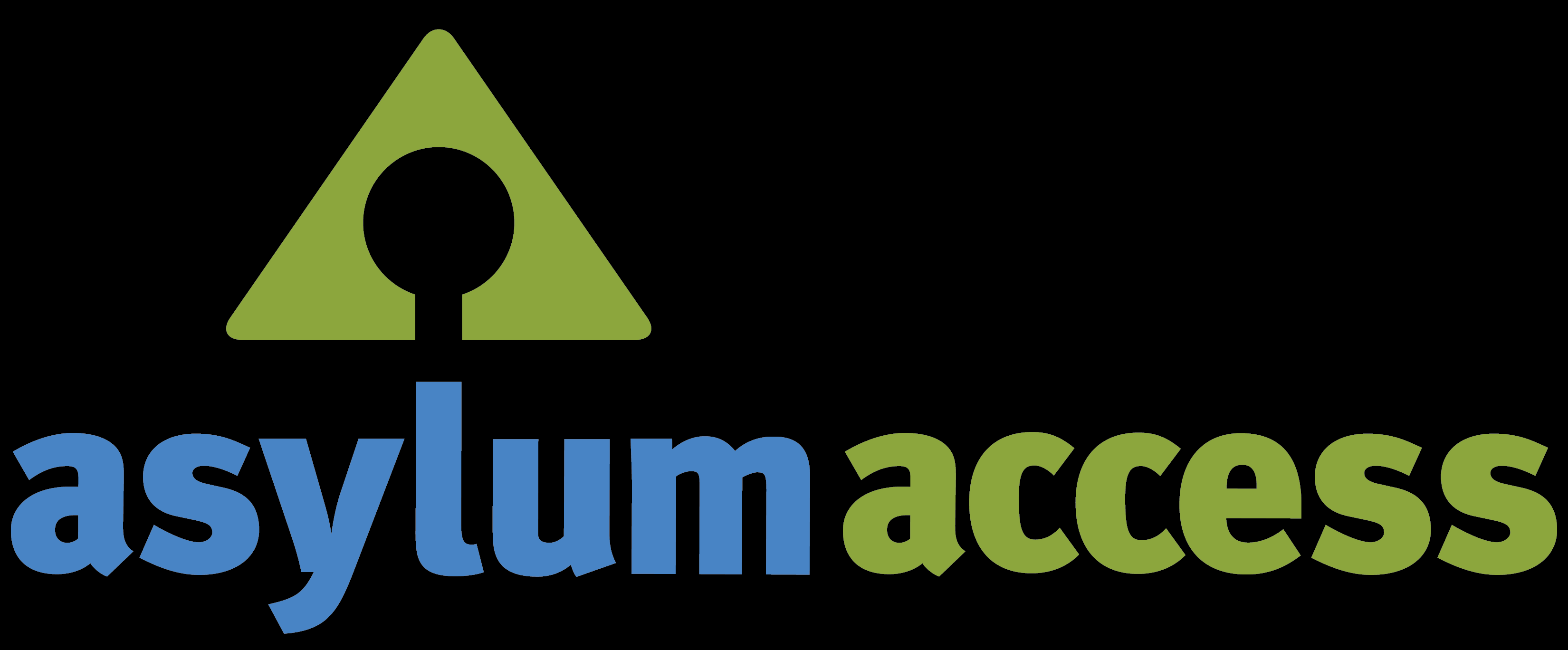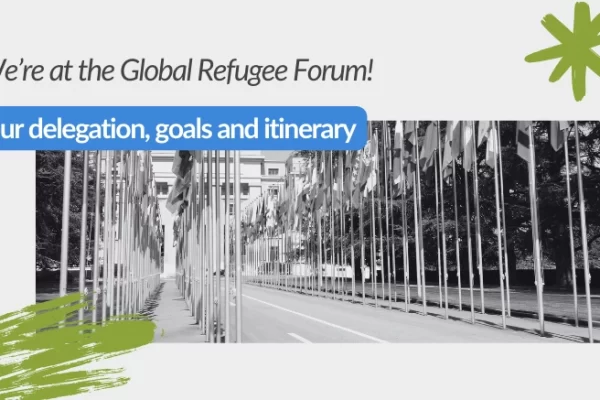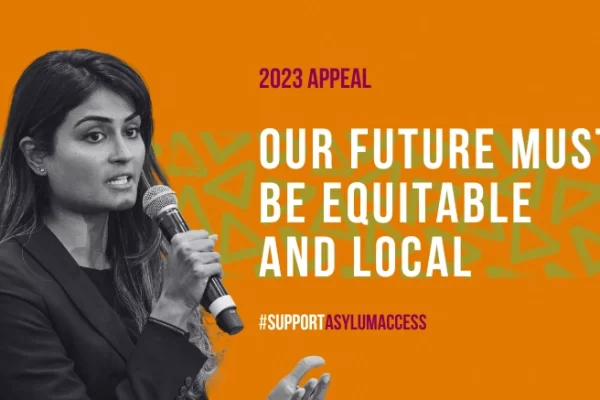Responding to the critical gap in rights-based refugee assistance in Latin America
2015 marks a pivotal year in Asylum Access’s growth in Latin America, beginning with the creation of Asylum Access Latin America (AALA) and followed by the opening of Asylum Access Panama, Asylum Access Mexico and, soon, Asylum Access Costa Rica.
As part of the Asylum Access global family of organizations, AALA coordinates operations across the region, working to improve due process and access to justice for forced migrants in Latin America.
In Central America, forced migration and the resulting human rights abuses often experienced by vulnerable groups has long been a priority for human rights advocates. Organized crime and gang violence in both Central America and Mexico have generated a prolonged period of regional instability. Transnational criminal networks have engaged in forced labor, extortion, land seizures and assassinations with impunity, forcing many to flee across borders to seek refuge in their relatively peaceful neighbors, countries such as Mexico, Costa Rica and Panama. Together, these countries host over 40,000 UN-registered refugees, with many more living as undocumented and unprotected migrants.
While many countries in the region comply with the 1984 Cartagena Declaration, forced migrants are often perceived as economic migrants and treated as such. Government authorities may provide short-term legal status on humanitarian grounds, but this is no substitute for refugee status and refugee rights, which recognizes a refugee’s right to seek safety, access lawful employment, and obtain protection from further injustice.
Furthermore, the relatively comprehensive refugee laws that guarantee basic refugee rights protection in many countries, including Ecuador, Mexico and Costa Rica, including the right to work, are not always applied in practice. Several key protection gaps exist, particularly concerning access to due process in the refugee status determination (RSD) process, irregular detention, access to, and protection from further injustice.
AALA builds upon Asylum Access Ecuador’s advocacy work, which began in 2008 by enabling refugees in Ecuador to access safe and legal employment for the first time and has tirelessly continued to advocate for the human rights of refugees in Ecuador and regionally.
As one of its first regional initiatives, AALA partnered with the key organizations*, including International Detention Coalition and the Public Defenders’ office of Ecuador, to organize a “Regional Conference on Freedom of Movement, International Protection and Integration” in Quito, Ecuador. Civil society organizations, state institutions, as well as human rights advocates from various countries in the region came to discuss critical issues regarding freedom of movement, immigration detention and good practices as alternatives to detention.
As the year progresses, AALA plans to enhance efforts between our newly established offices as well as other countries in the region. In doing so, our continued regional advocacy raises the bar on refugee rights in Latin America. Similarly, more asylum seekers and refugees will have access to legal assistance and be empowered to understand and exercise their rights.
Written by the Asylum Access Latin America team
*Full list of organizations: International Detention Coalition, Asylum Access América Latina, the Public Defenders’ office of Ecuador, the Interamerican Association of Public Defenders and the Institute of Higher National Studies.
Newsletter Spring 2015





